2017.03.24
Report: BRI International Symposium 2017
Annual international symposium was held at Brain Research Institute, Niigata University on March 10 to 11, 2017. This year's theme was "Alzheimer's disease: Narrowing the gap between basic science and clinical application." The symposium included special lectures by Dr. Edward Koo (University of California, San Diego, USA / National University of Singapore), Dr. Jeffrey Iliff (Oregon Health & Science University, USA) and Dr. Kun Ho Lee (National Research Center for Dementia, Korea) in addition to four sessions with 9 speakers from across Japan. There were also 15 poster presentations from Niigata University and other institutions. The two-day symposium was marked with the attendance of 175 people, who have driven this event into the path of success.
This year's symposium focused on Alzheimer's disease. When can we bring the world closer to breakthroughs in Alzheimer's disease? In the recent Phase 3 clinical trials using monoclonal antibodies and β/γ-secretase compounds targeting amyloid-β target have failed to demonstrate a treatment benefit in patients with symptomatic phase of Alzheimer's disease. Clearly, the most likely scenario for successful future treatment is to reconsider therapeutic strategies and to develop new Alzheimer's disease targets from multiple angles. Why the drug that proves its efficacy to mouse models is unable to perform the same on human clinical trials? It should be acknowledged that different approaches need to be taken between the mouse models embedded the genes responsible for familial Alzheimer's disease and the human Alzheimer's disease that develops through complicated pathological processes. While understanding the fundamental difference between "Alzheimer's" and "Mouseheimer's" outlined by Dr. Koo in his lecture and seeking a strategy to bridge these two concepts, it is necessary to meticulously shed light on complicated Alzheimer's pathology occurring human brain. This symposium happened to bring together the committed Alzheimer's researchers who explore the unique and original diagnostic and therapeutic targets. The two days of discussions enabled professionals to gain an opportunity for an open and animated sharing of ideas and experiences. We expect the discussion we had in this symposium will become a pioneer that develops to make a contribution to advancement of Alzheimer's treatment in near future.
We would like to thank all the presenters and participants for their contributions to the symposium. Our thanks also go to the organizing members for making the event function smoothly.
By Prof. Takeshi Ikeuchi (Dept. of Molecular Genetics) and Prof. Hironaka Igarashi (Center for Integrated Human Brain Science)
| Day 1 | |||
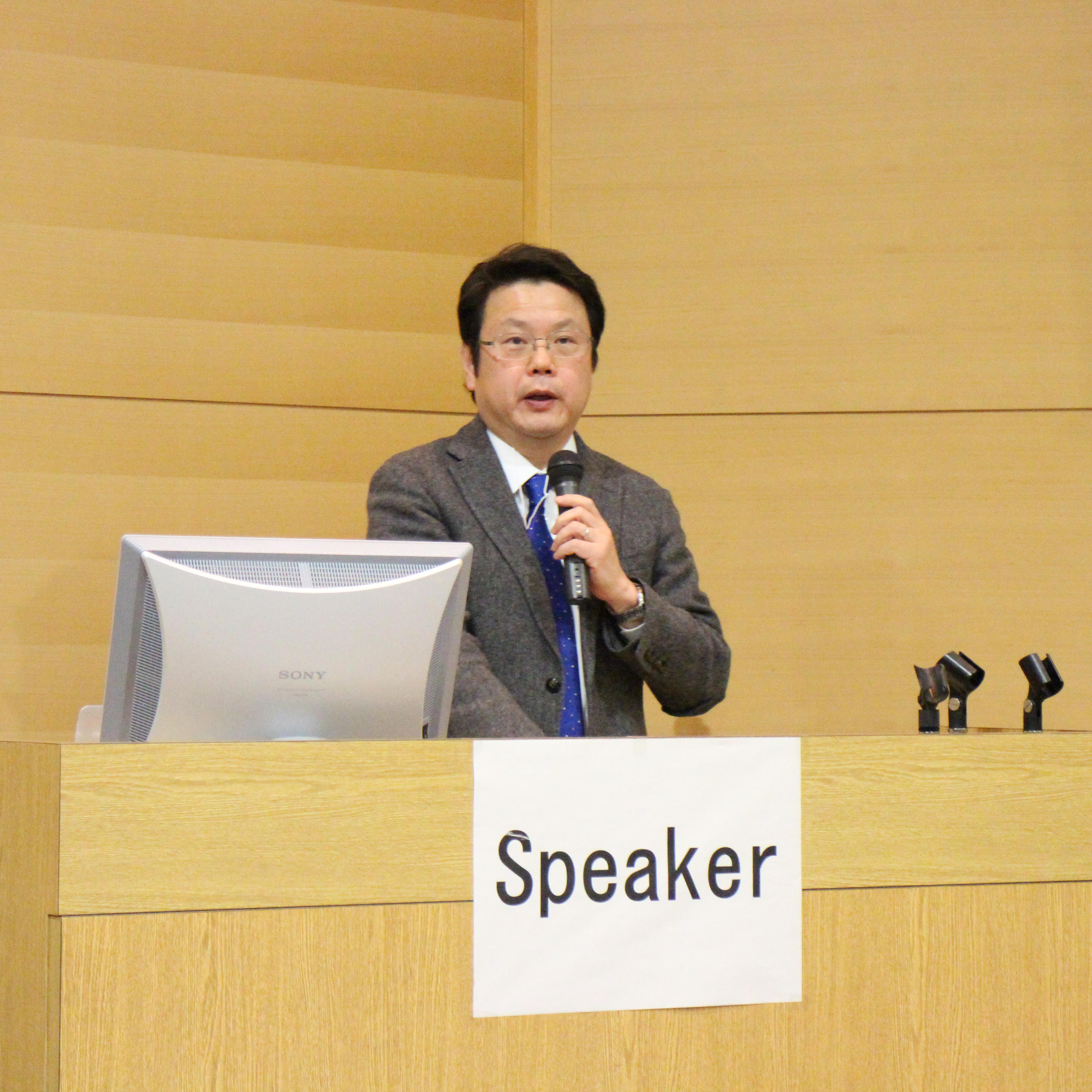 |
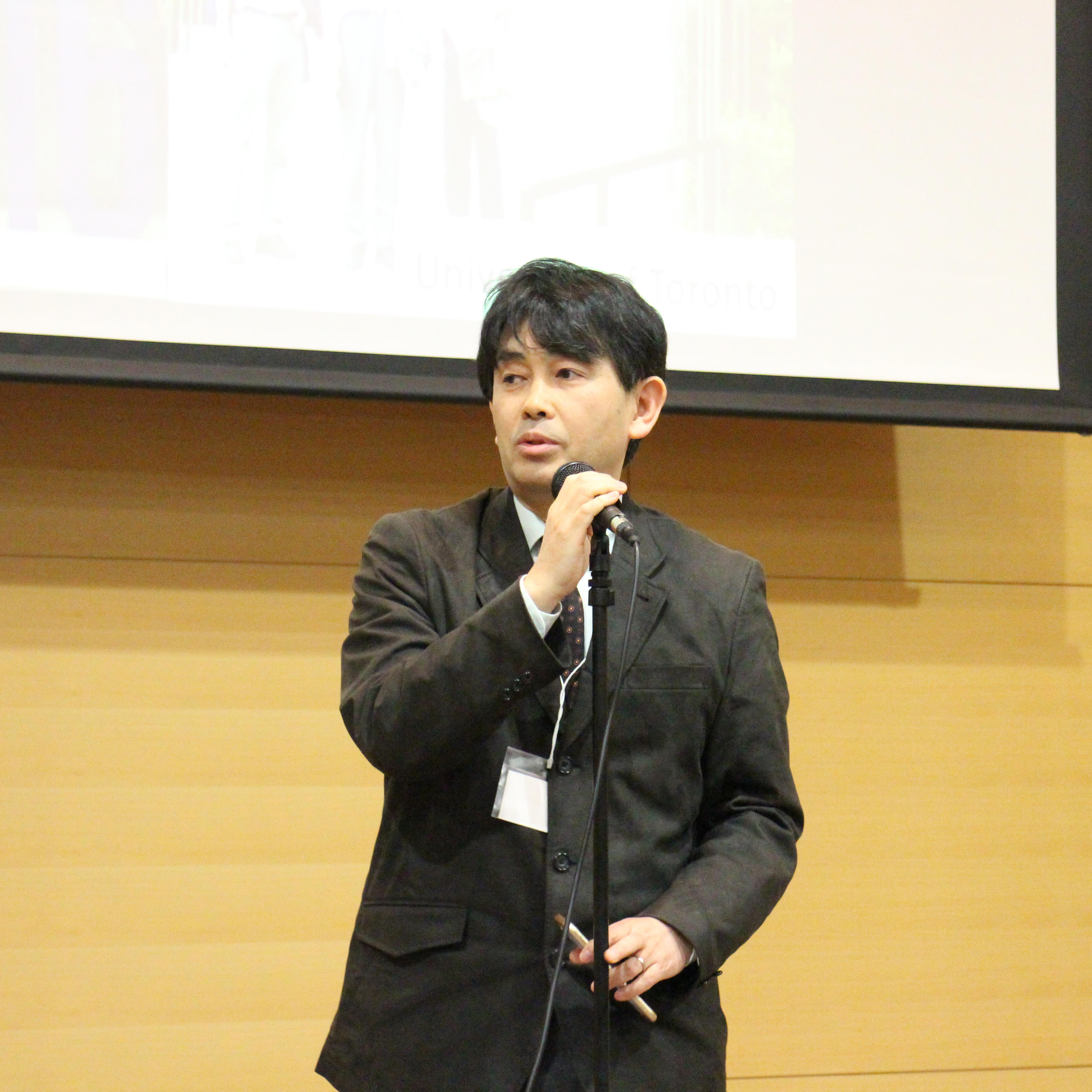 |
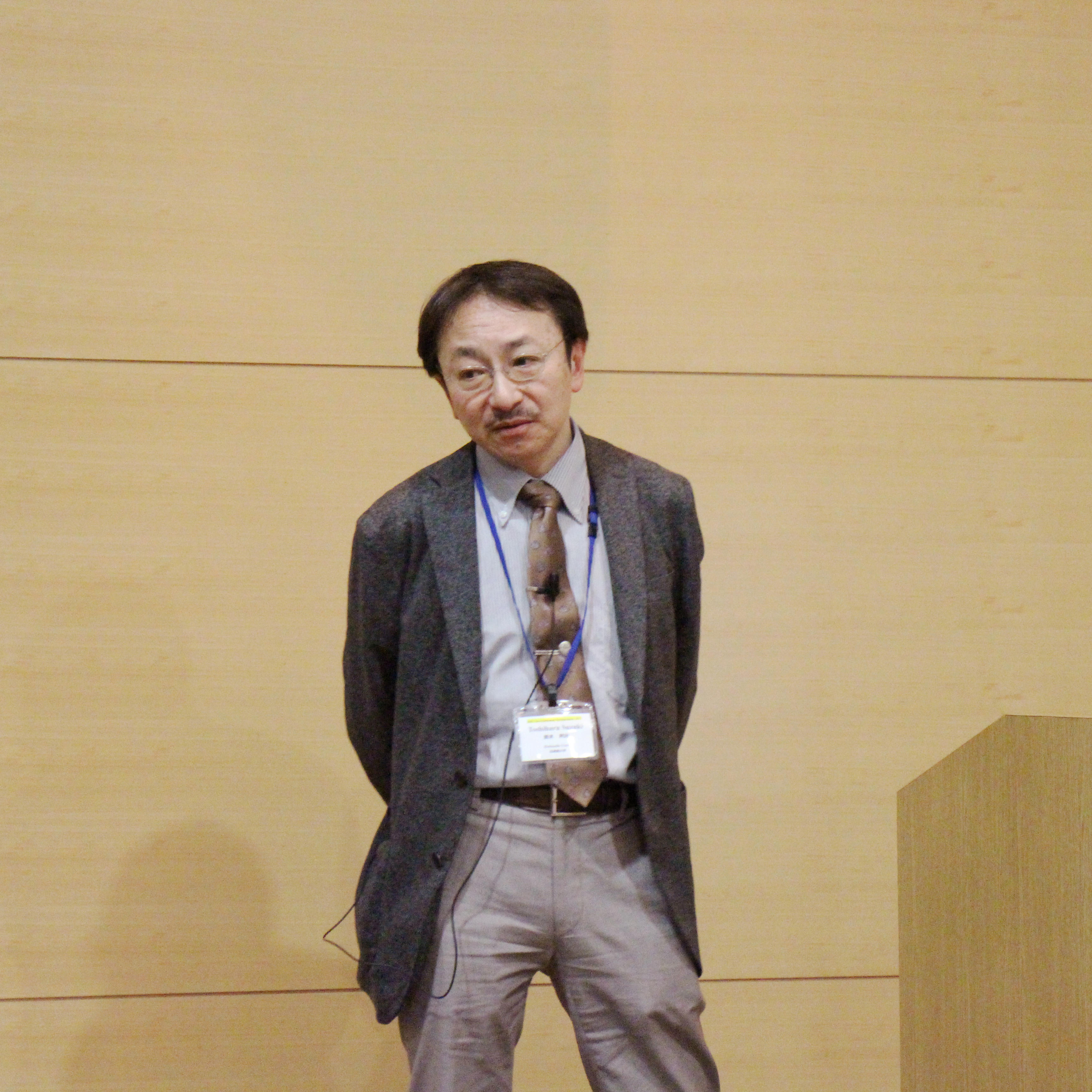 |
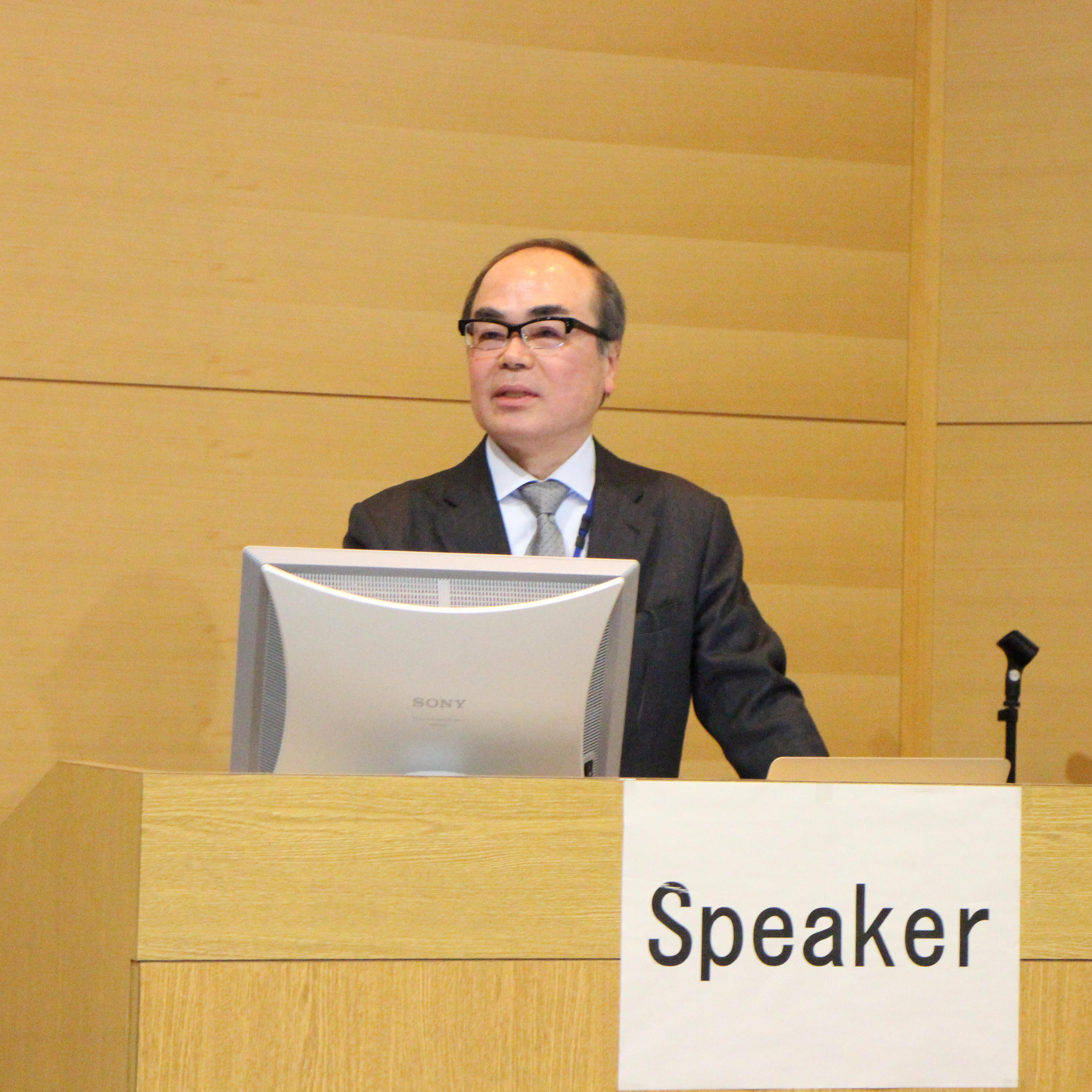 |
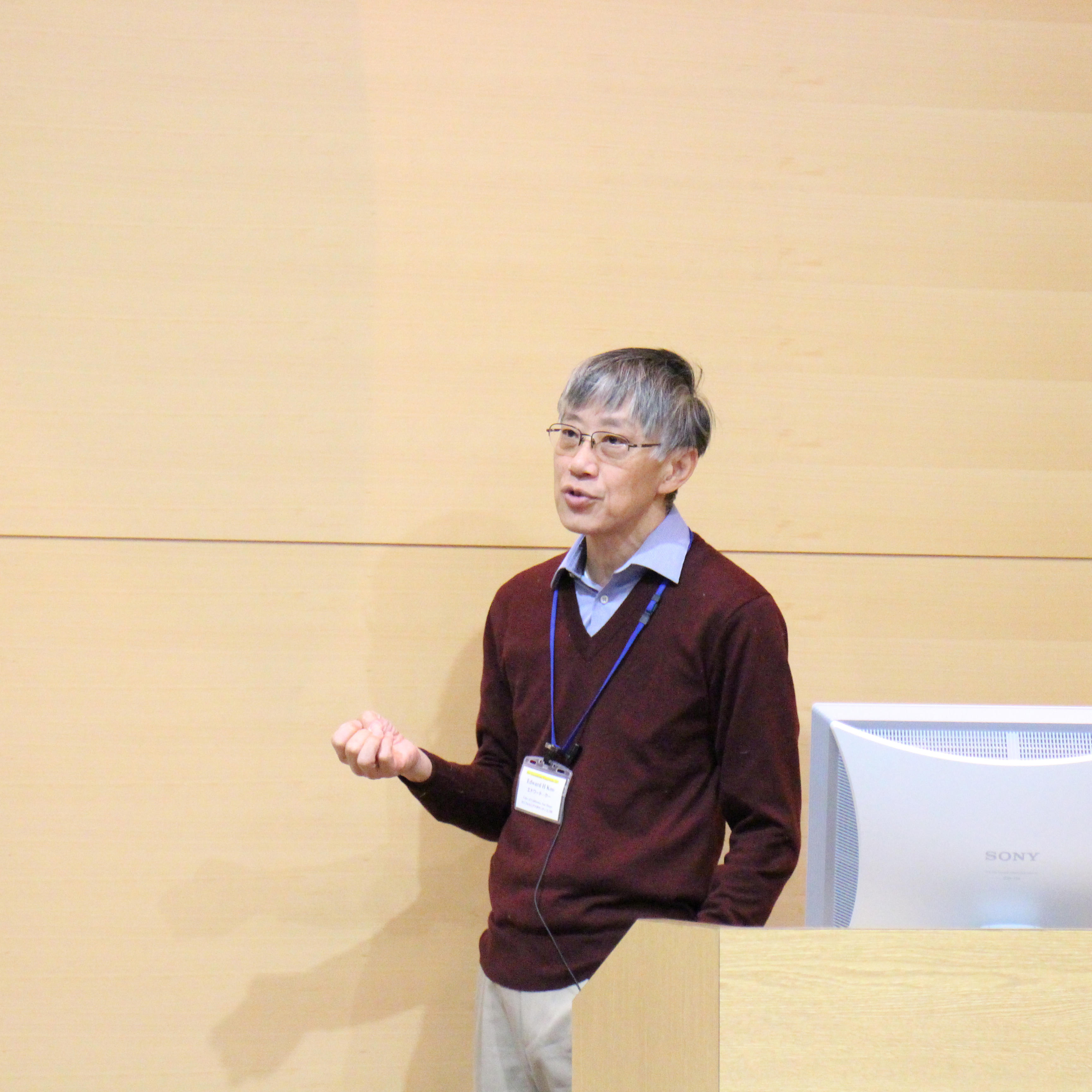 |
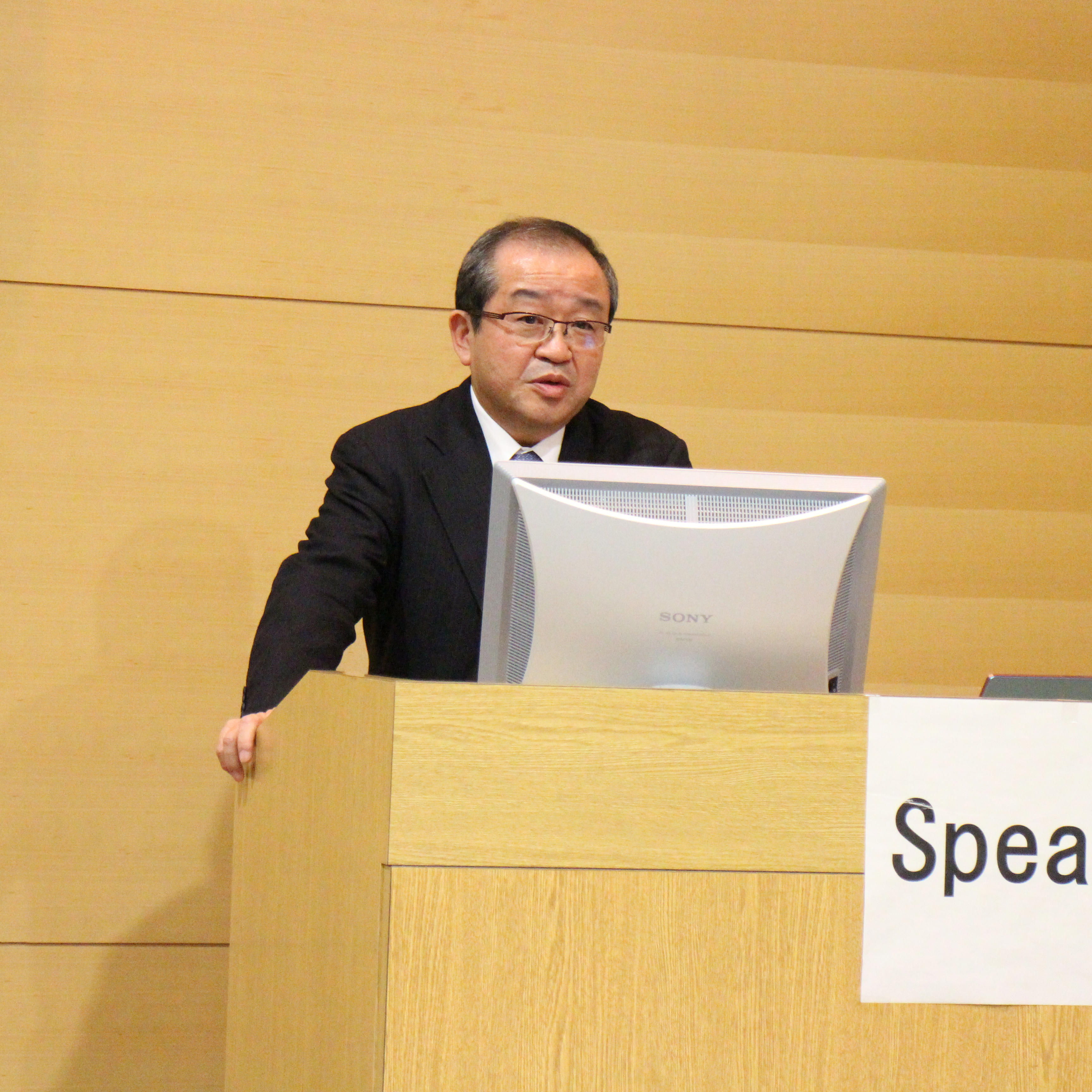 |
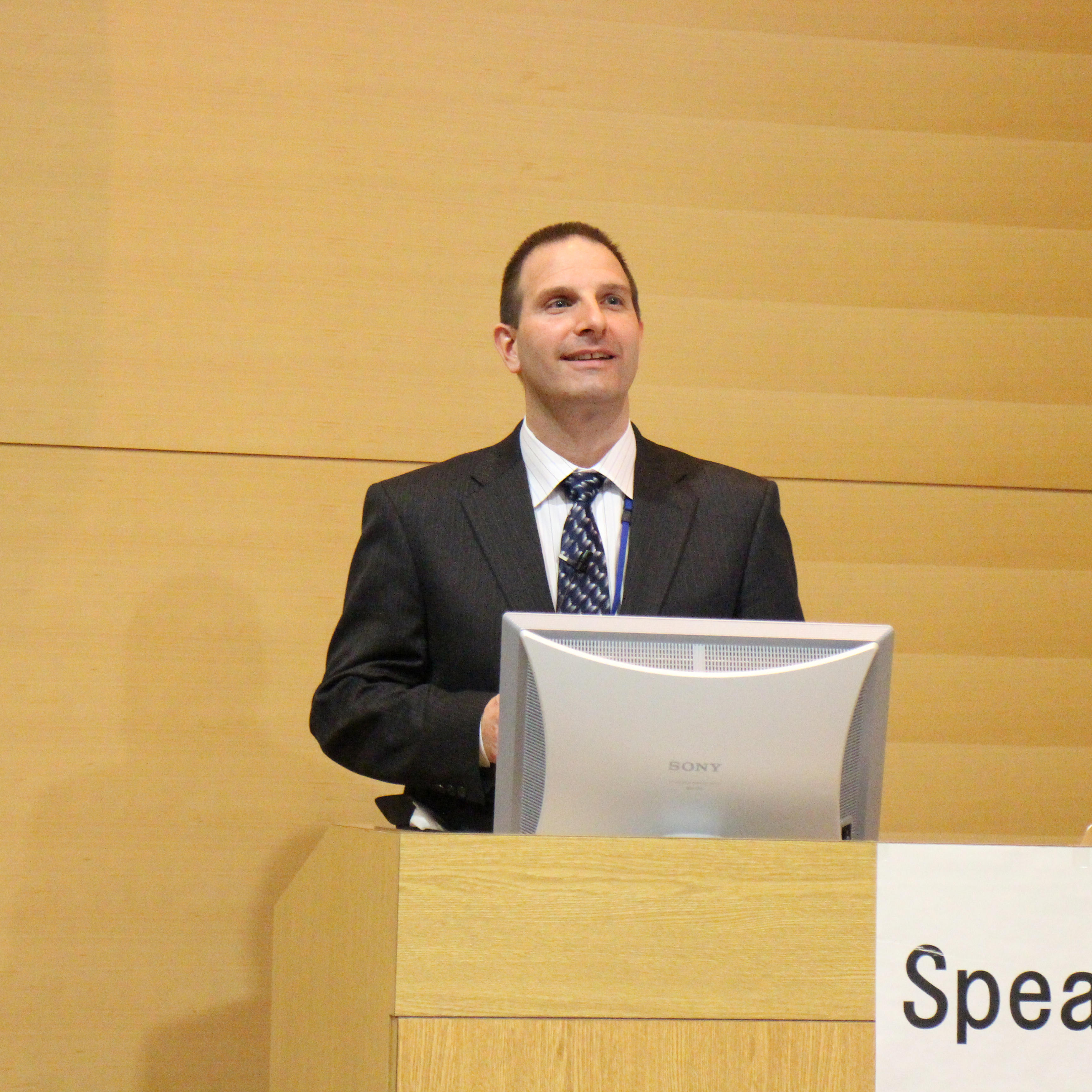 |
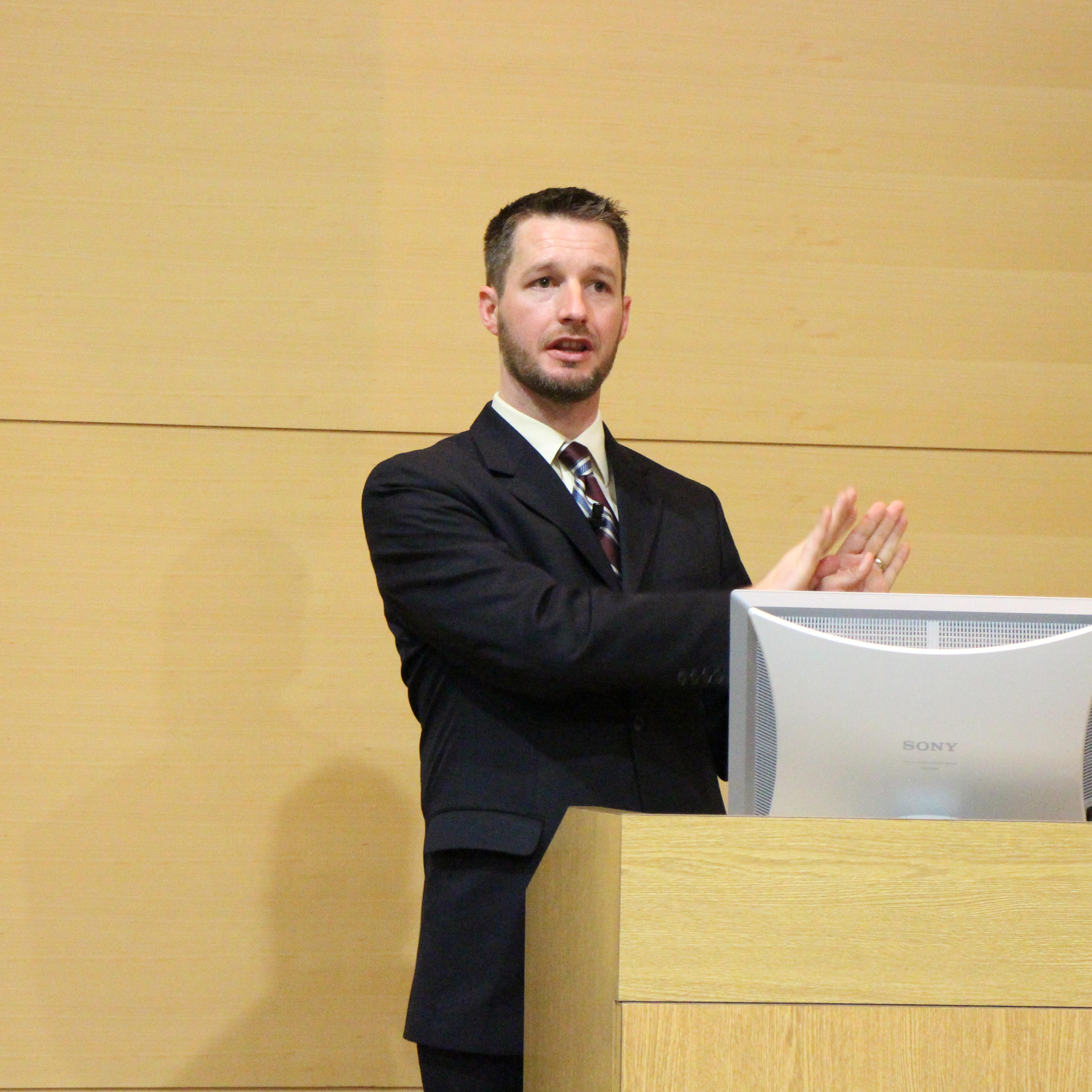 |
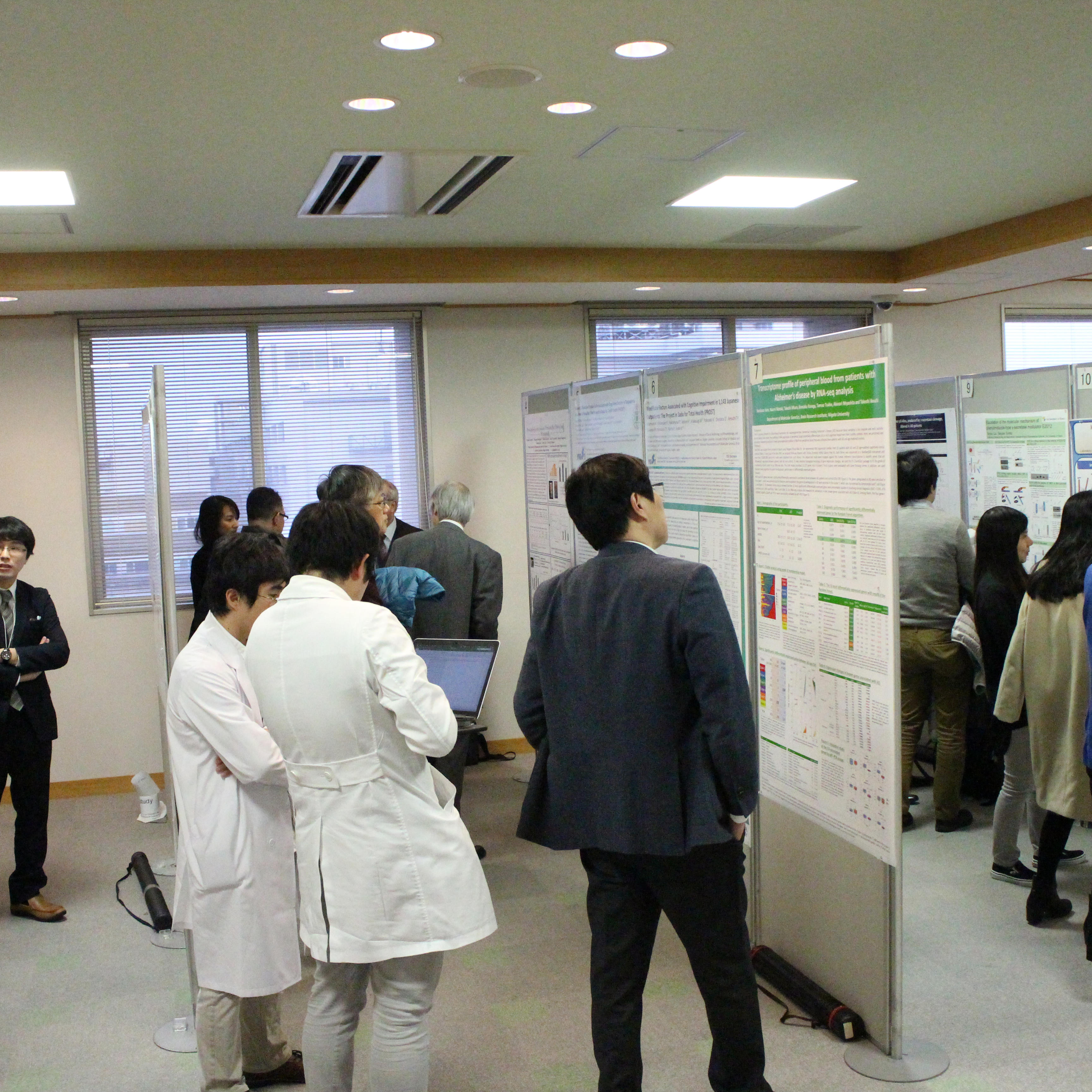 |
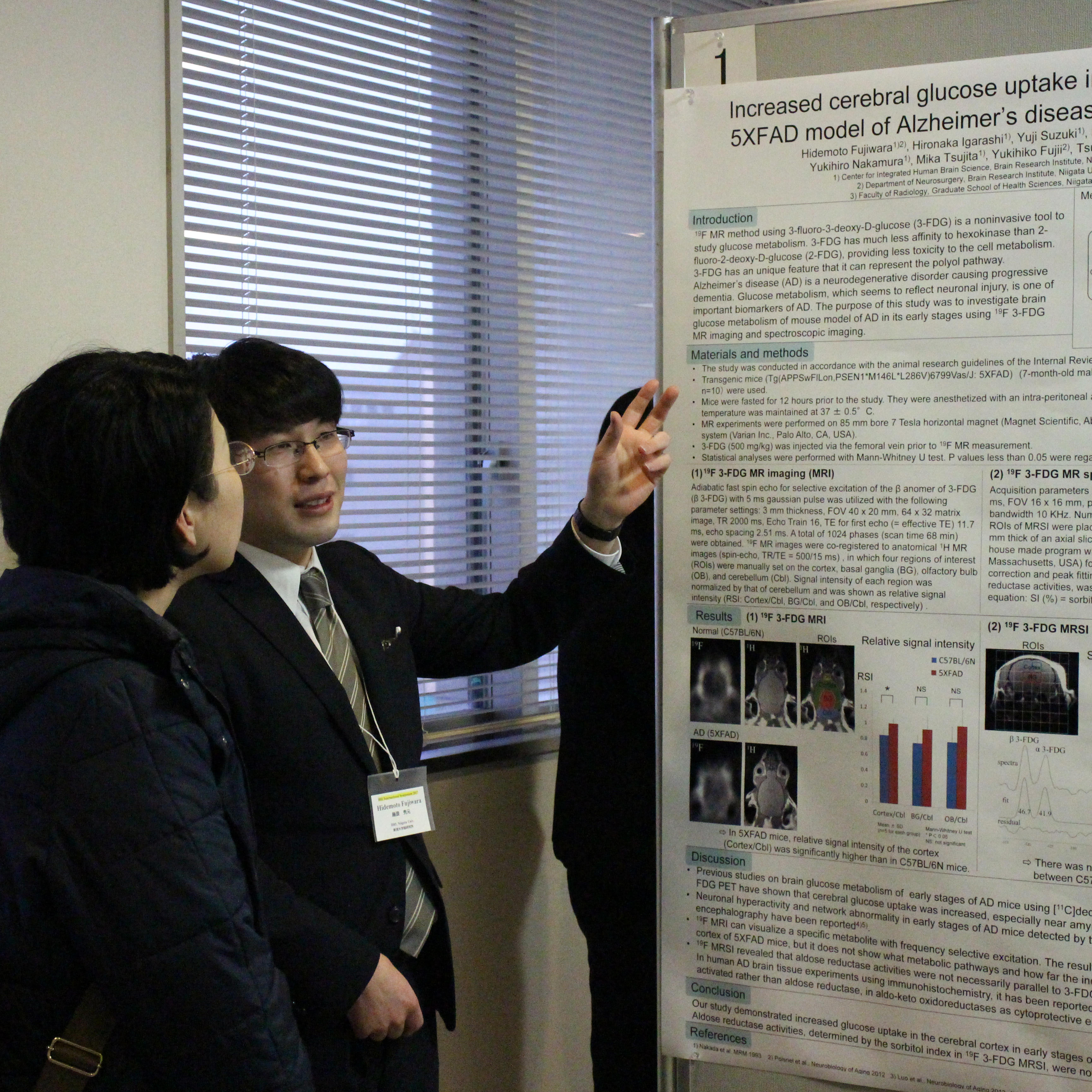 |
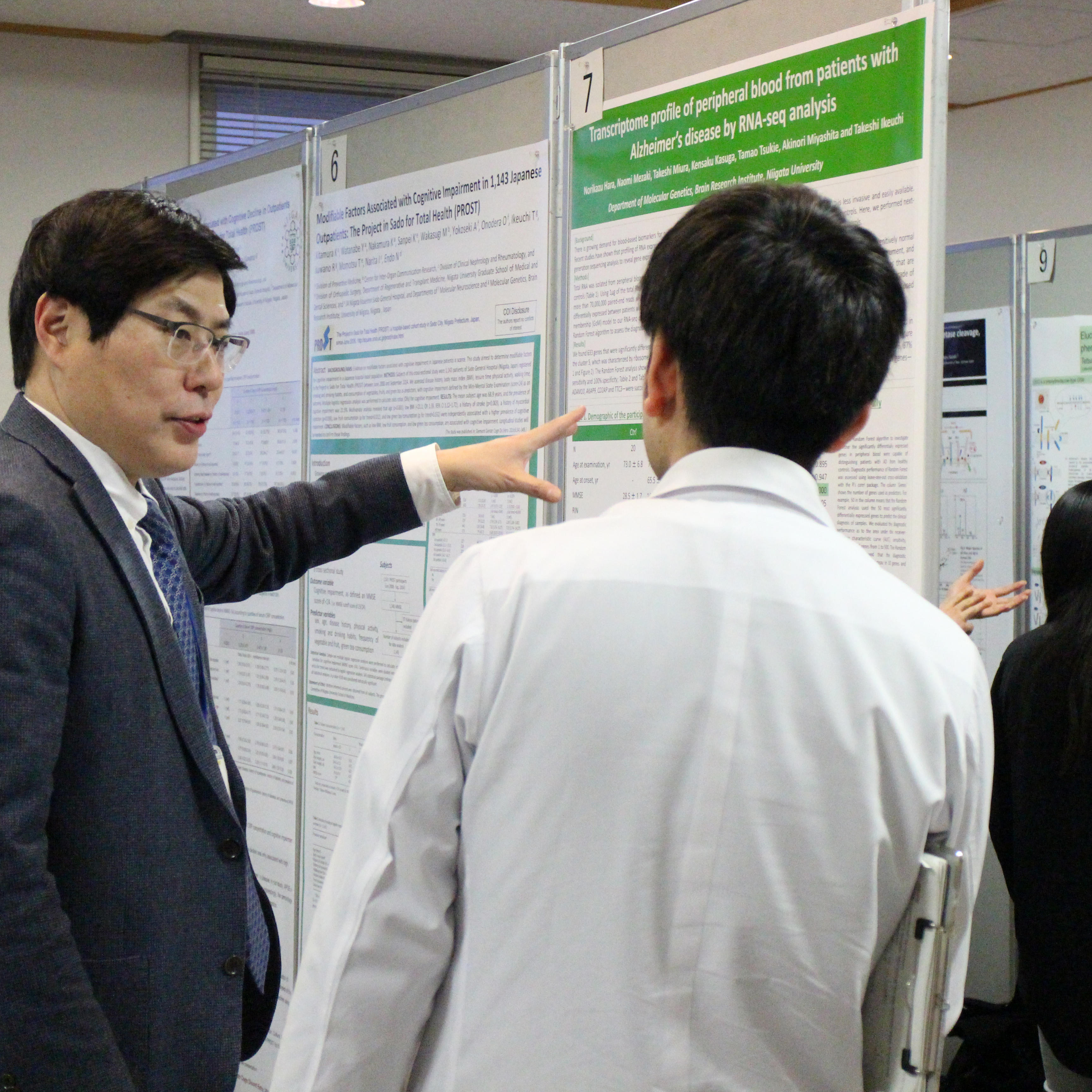 |
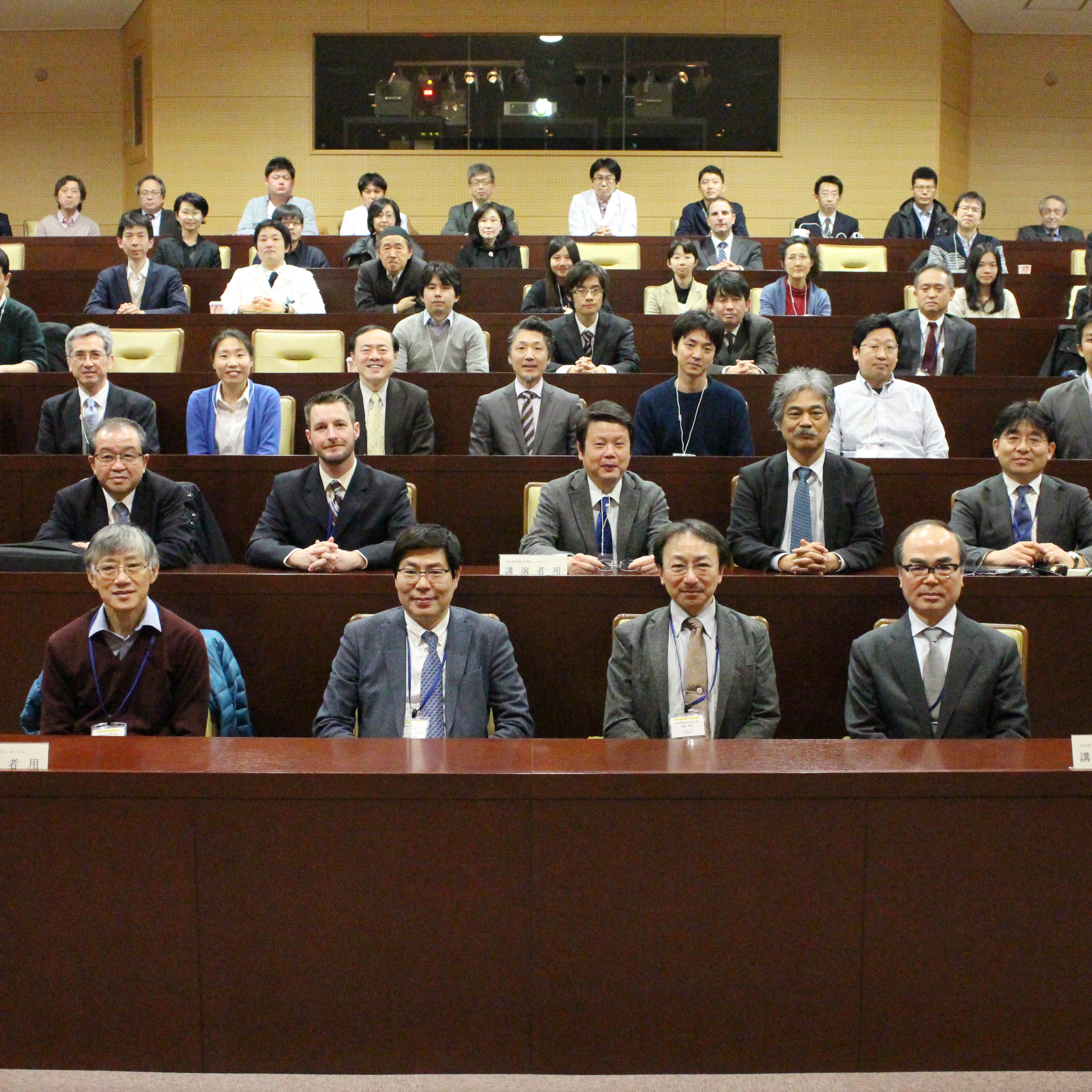 |
| Day 2 | |||
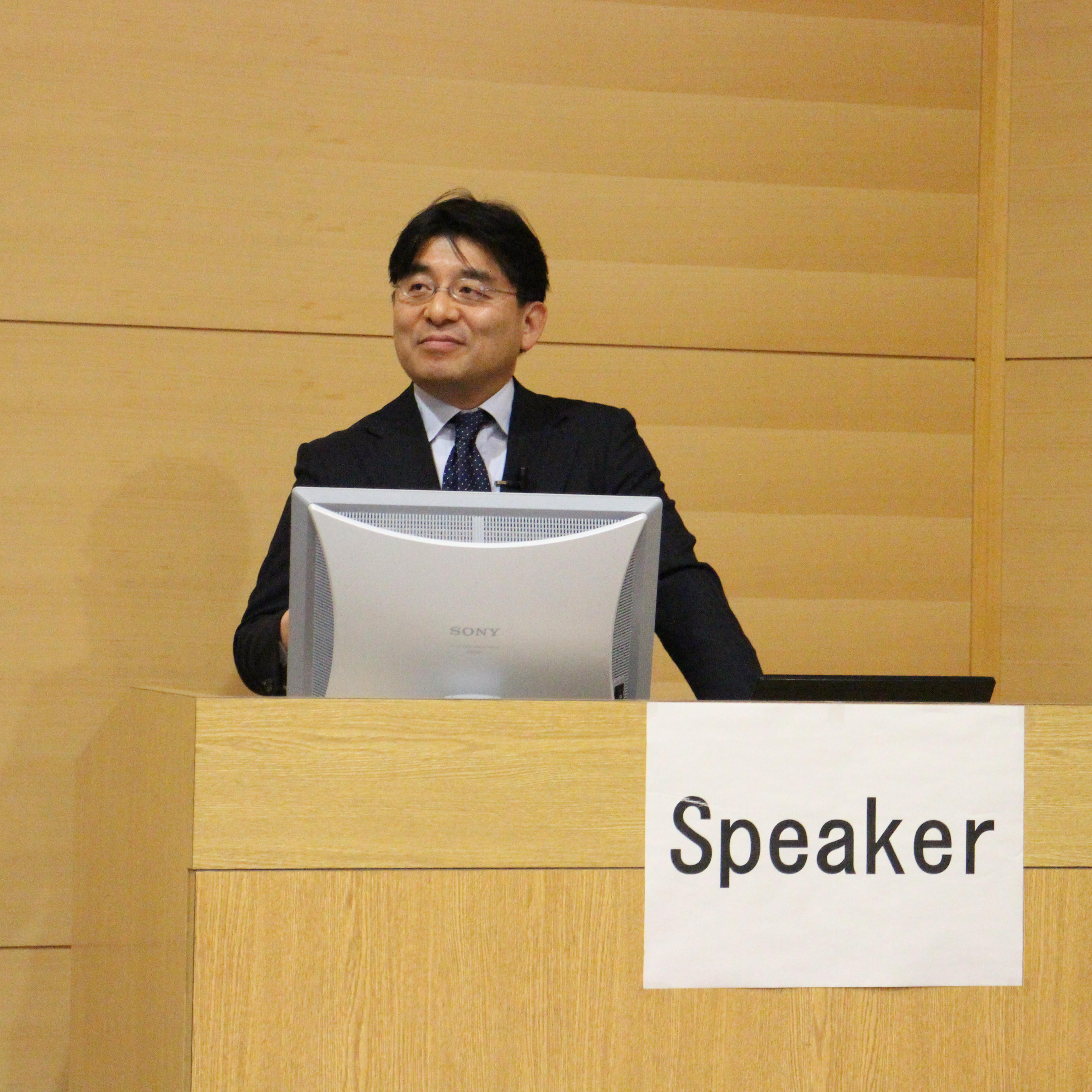 |
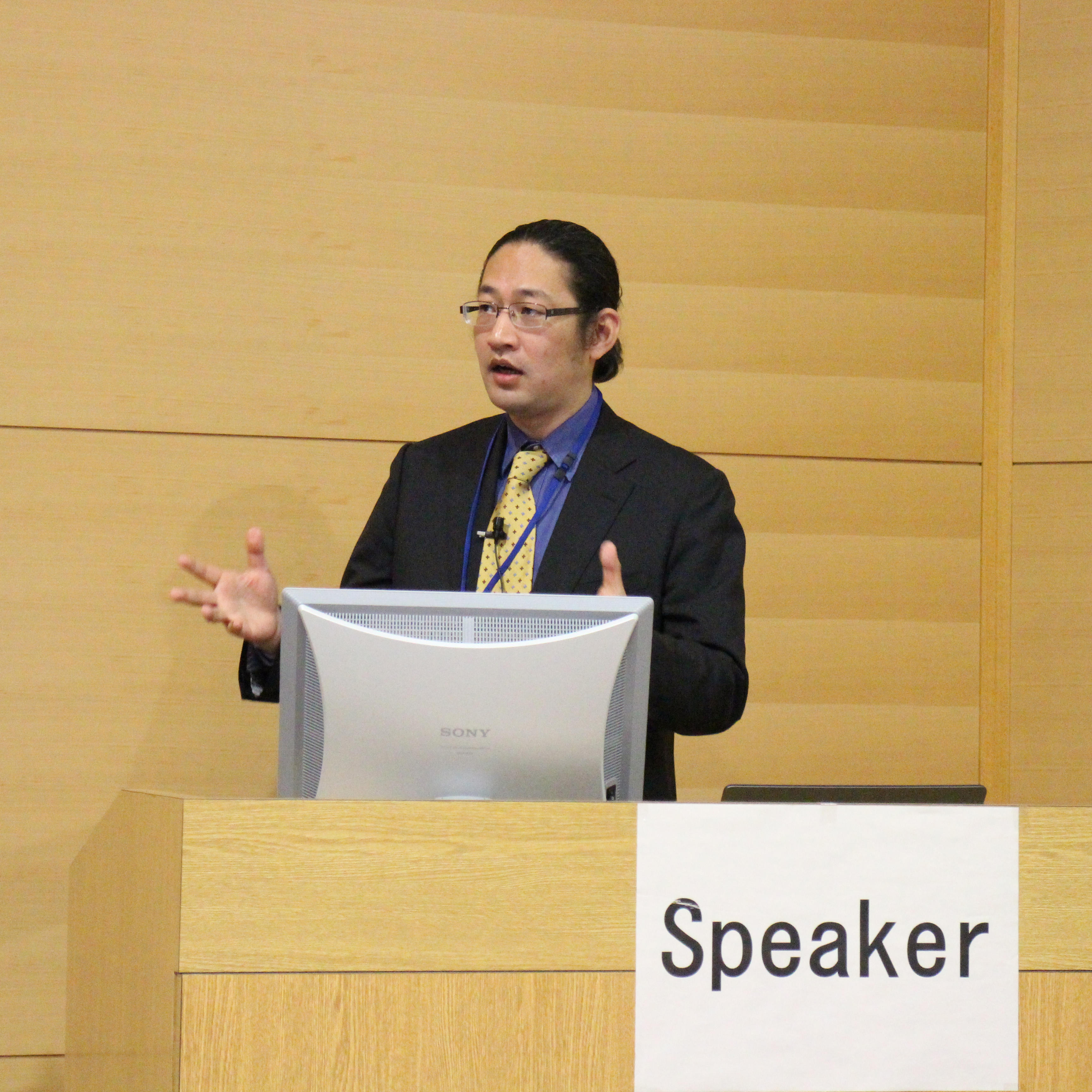 |
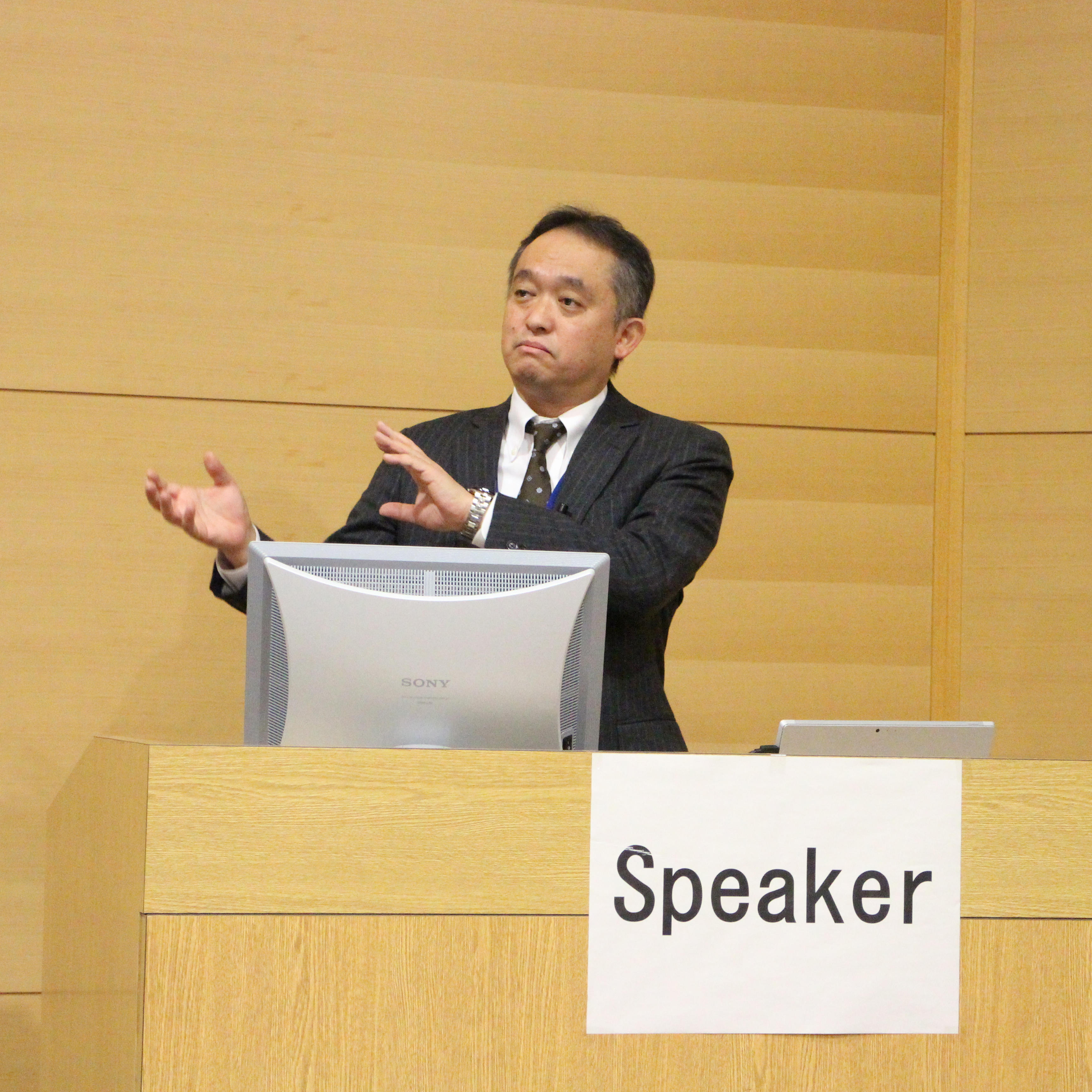 |
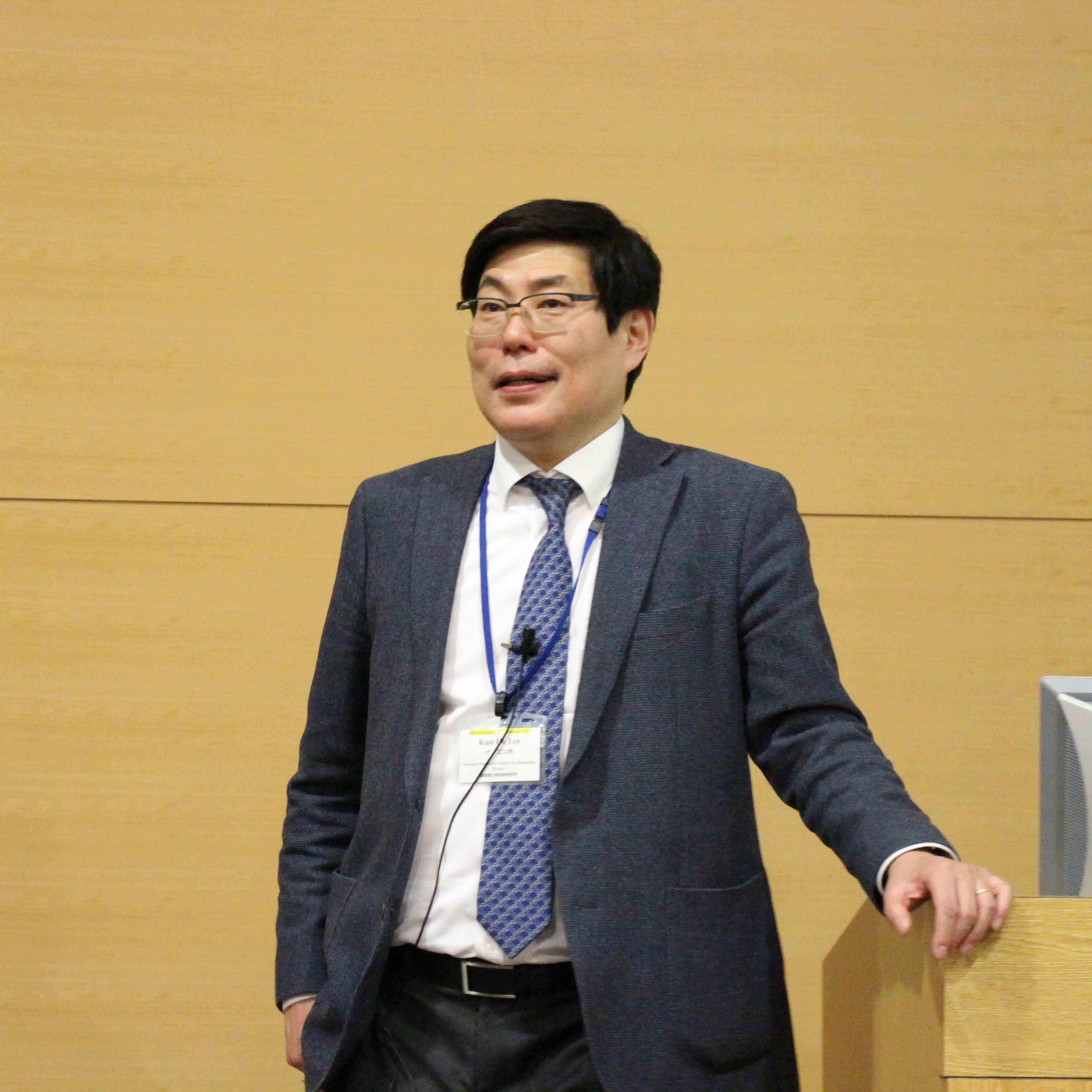 |
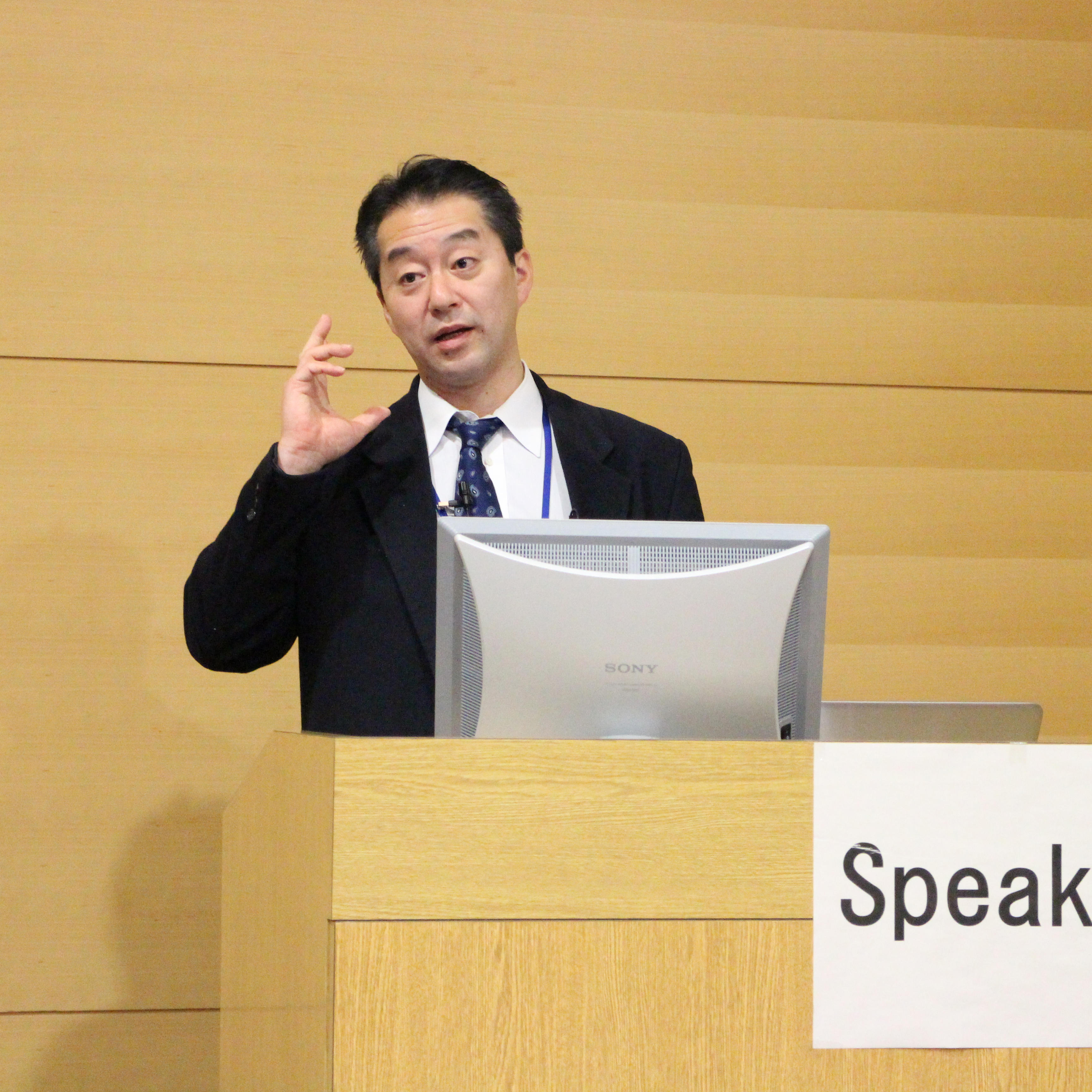 |
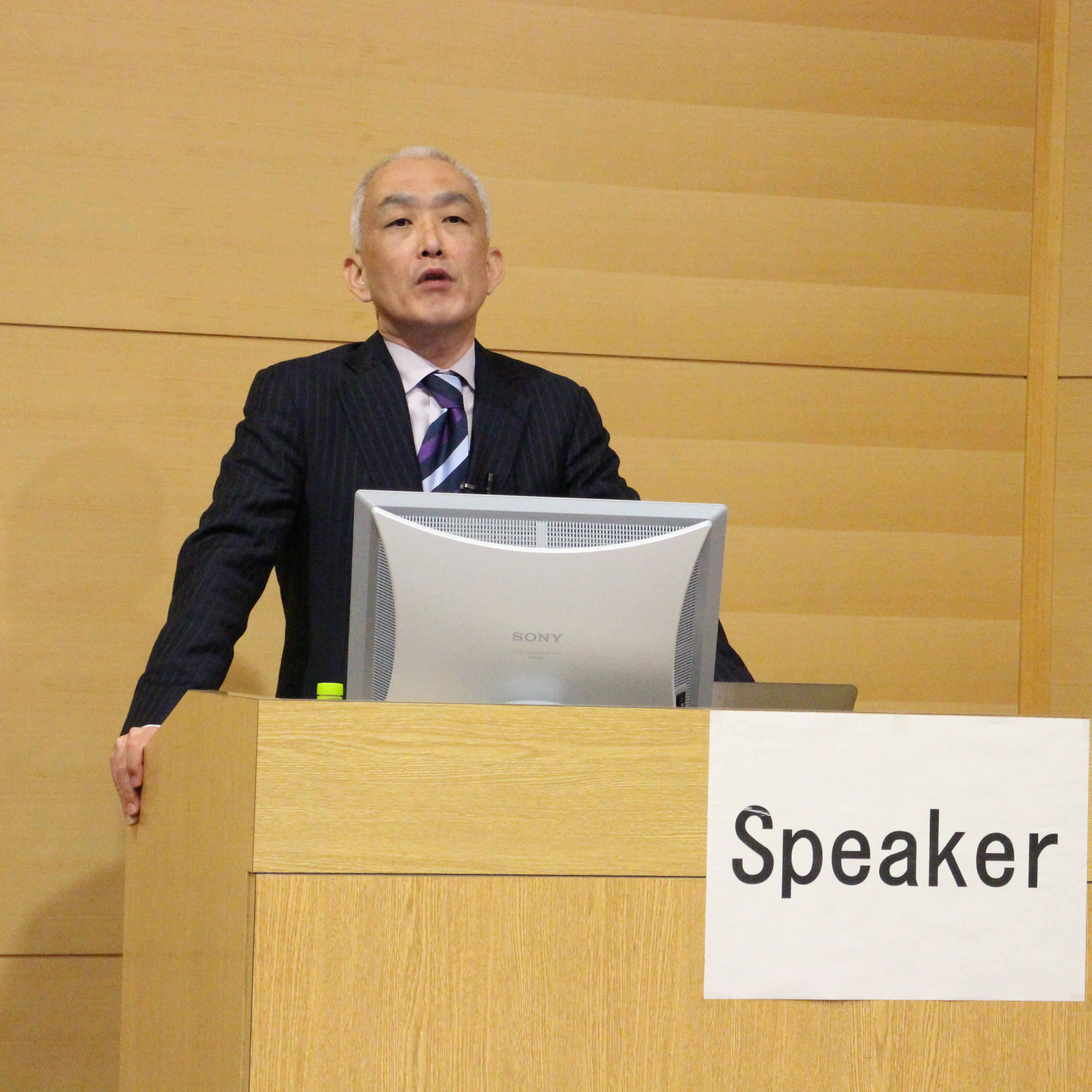 |
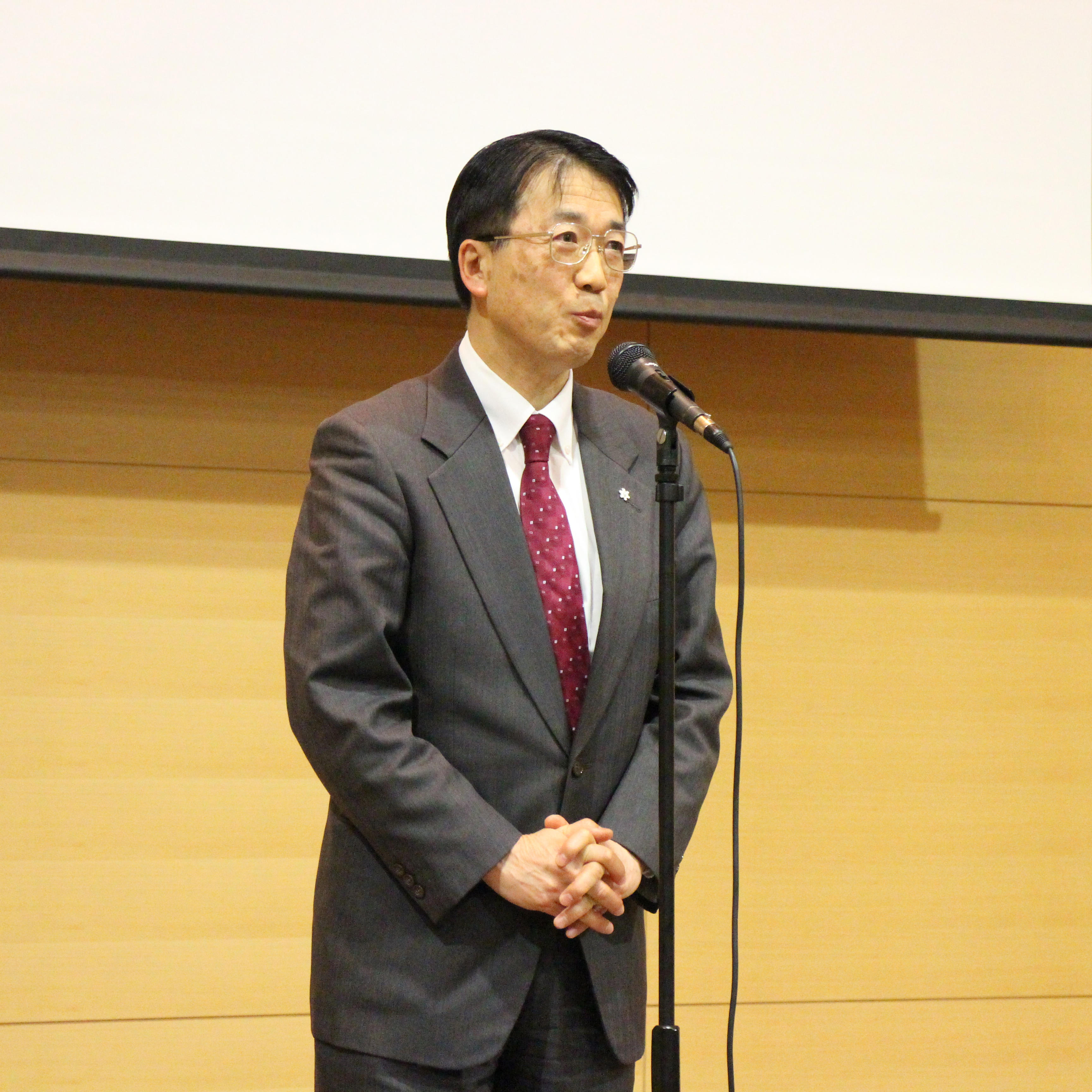 |
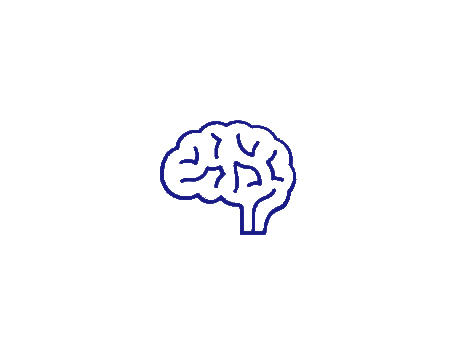 |





